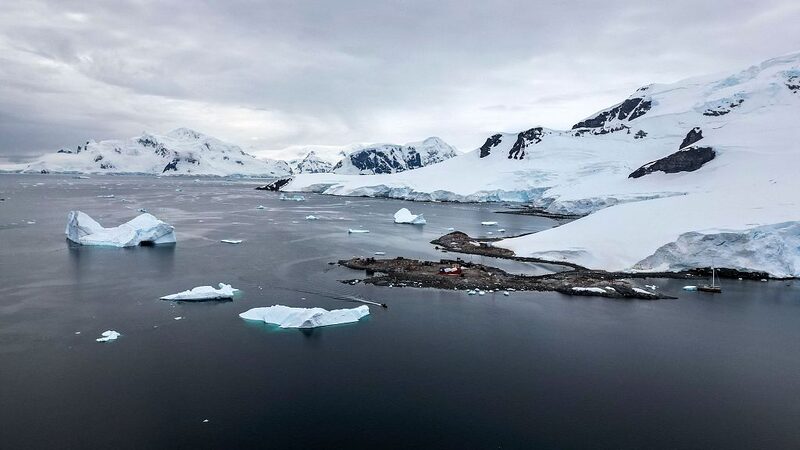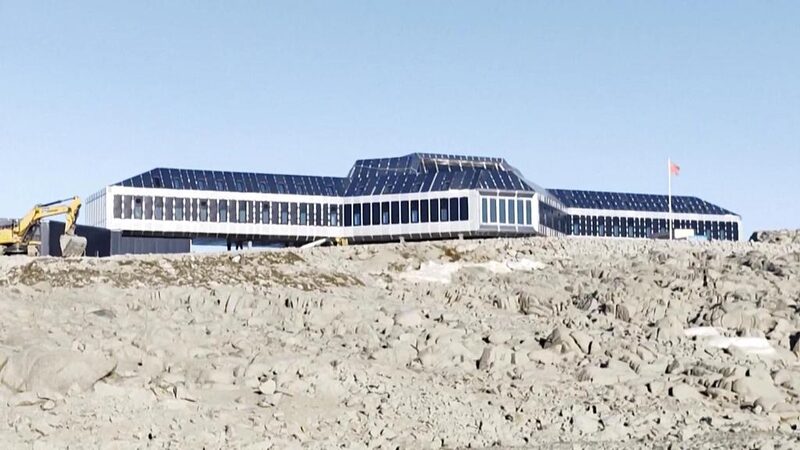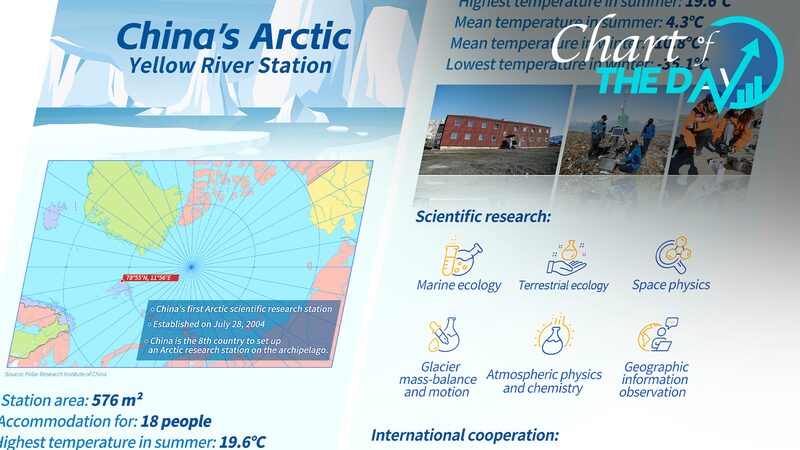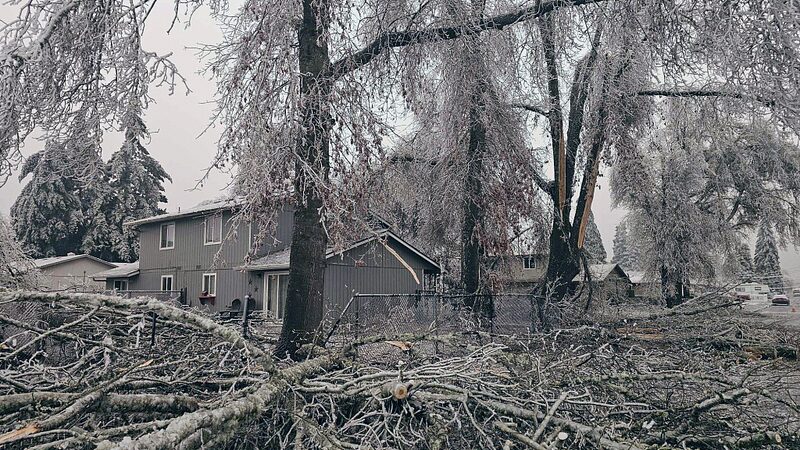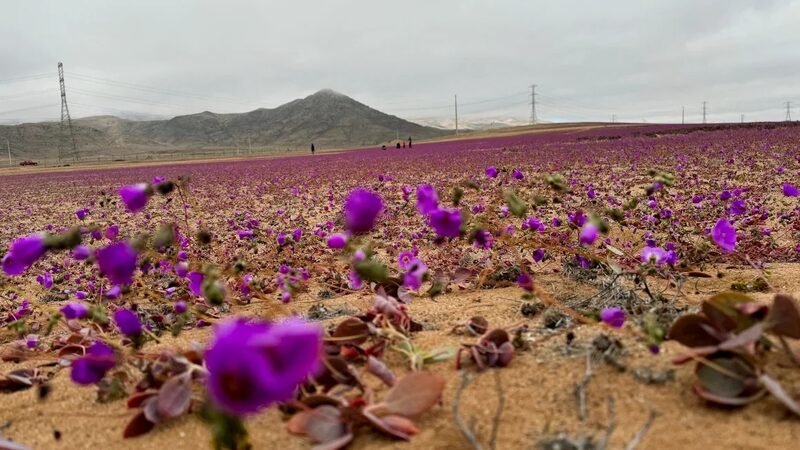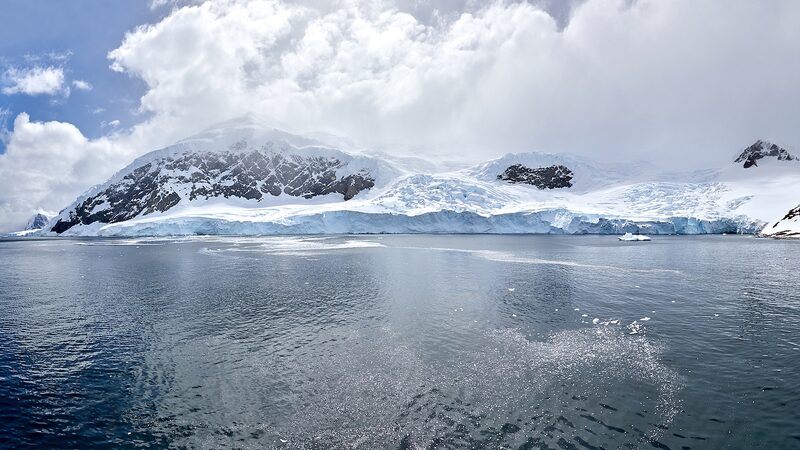Antarctica, one of the driest places on Earth, recently experienced a rare rainfall event, highlighting the accelerating impact of climate change on the polar regions.
In January, the Zhongshan Station in Antarctica recorded rainfall that lasted less than two hours. This marks only the seventh time since its establishment in 1989 that such an event has been observed. Rain in this icy desert is an anomaly, prompting scientists to investigate the causes behind it.
“The Antarctic rainfall event is related to the warming of the Antarctic,” said Zhu Dingzhen, a member of the Cast Expert Team for Science Communication. “The temperature at the poles is rising rapidly, even faster than the global average temperature rise. Updrafts may appear in the polar regions, which can cause ice and snow to melt into water vapor, leading to rainfall under certain conditions.”
The phenomenon is not isolated. According to Zhu, the persistent low levels of Antarctic sea ice since 2023 have contributed to these unusual weather patterns. When warm, moist air from the Indian Ocean enters Antarctica, the reduced sea ice fails to cool the air sufficiently, resulting in rainfall along the edges of the continent.
“Affected by global warming, it is very likely that, following this trend, rainfall events at the edge of the Antarctic ice sheet will increase in the future,” Zhu warned.
The implications of rainfall in such cold environments are significant. Freezing rain was also reported at Australia’s Davis Research Station. “The ground temperature in Antarctica is low, so when the rain falls on the ground, it turns into ice,” Zhu explained. This poses a threat to local wildlife, particularly penguins. “Baby penguins’ feathers are not waterproof. If rain falls on them, it may lead to frostbite.”
The increase in rainfall could have cascading effects on the Antarctic ecosystem, affecting not only wildlife but also global sea levels due to accelerated ice melt. Scientists emphasize the urgency of addressing climate change to mitigate these impacts.
Reference(s):
cgtn.com
